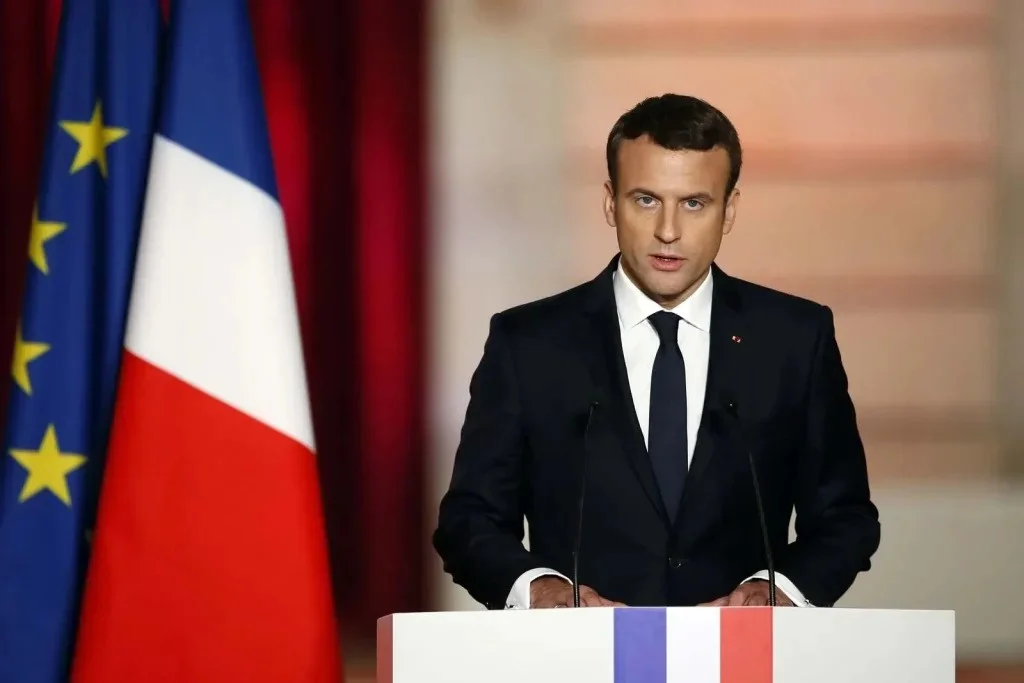France is once again in political upheaval as President Emmanuel Macron grapples with the resignation of his newly appointed prime minister, Sébastien Lecornu barely a day after taking office. The sudden collapse has thrown the French government into deeper instability, intensifying doubts about Macron’s leadership and the future of his presidency. On Monday morning, French media captured striking images of Macron walking alone along the Seine River, his solitary figure symbolizing the isolation surrounding him amid France’s deepening political crisis.
A Government in Disarray
Lecornu’s swift exit, just hours after announcing his cabinet, marked Macron’s fifth prime minister in two turbulent years. His resignation underscores the growing dysfunction within Macron’s administration and the widening cracks across France’s political spectrum. In a desperate bid to avoid further chaos, Macron reportedly urged Lecornu to re-engage with opposition parties before taking more drastic measures, such as dissolving parliament or calling snap elections.
Opposition Grows Louder
Macron’s political adversaries have seized the opportunity to challenge his authority. Far-right leader Marine Le Pen called for an immediate dissolution of parliament, insisting that only new elections could restore stability. Her National Rally party, currently leading in opinion polls, is well positioned to capitalize on the government’s turmoil. Meanwhile, figures across the political spectrum including left-wing alliances and conservatives like Cannes mayor David Lisnard have demanded Macron’s resignation. A recent poll found that 51% of French citizens believe Macron should step down to end the deadlock, with nearly half blaming him directly for the ongoing crisis.
Roots of the Political Crisis
The origins of the turmoil trace back to Macron’s controversial decision last year to call snap legislative elections, which produced a fragmented parliament and left his centrist movement without a stable majority. Since then, repeated attempts to form coalition governments have failed. Macron’s choice to rely on a centrist-conservative alliance has been undermined by internal divisions and opposition to his fiscal reforms, including proposed tax cuts and pension changes. The breaking point came when conservative heavyweight Bruno Retailleau openly condemned Lecornu’s cabinet appointments, shattering what remained of Macron’s parliamentary support and derailing his economic agenda.
Few Options Left for Macron
With his presidency running until 2027, Macron faces limited paths forward. His allies are urging him to rebuild ties with conservative lawmakers, though negotiations remain tense. A potential shift toward left-leaning partners is complicated by the Socialist Party’s insistence on reviving the wealth tax—a move likely to alienate centrists and business leaders. Despite mounting calls for his resignation, Macron has vowed to remain in office and guide France through the crisis. Yet, as divisions deepen, his political survival appears increasingly uncertain.
France at a Defining Moment
The government’s paralysis, mounting public frustration, and economic challenges have pushed France to a crossroads. Macron’s leadership now faces its greatest test since he first took power in 2017. Whether he can restore stability or succumb to the growing pressure joining the ranks of past French presidents who exited amid turmoil will determine not just his legacy but the direction of France’s democracy.
__________________________________________________






